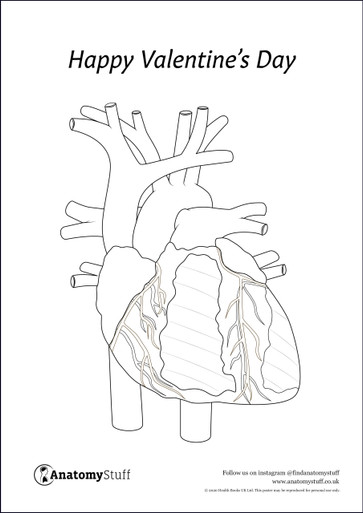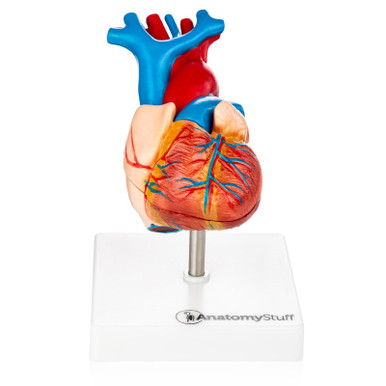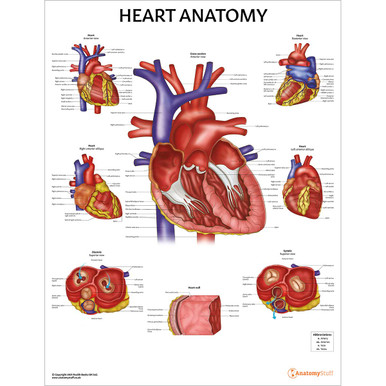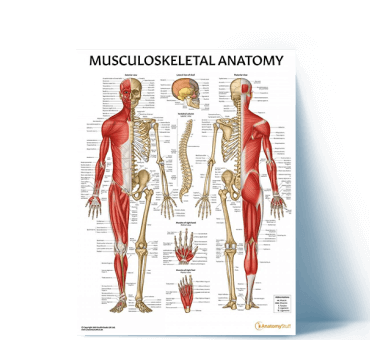Heart-Healthy Foods
A heart attack is a serious medical emergency that can have fatal consequences. Coronary artery blockage can cause long-term harm to the heart because it reduces blood flow. These conditions are serious, but there are things you can do to reduce your risk of getting heart disease or a heart attack. Keeping within a healthy weight range, with a healthy Body Mass Index (BMI) and getting exercise is important. Also, what you eat can affect your heart’s health.
Even if you’re aware that some foods increase your risk of heart disease, it’s not always easy to alter your eating habits. Here are eight heart-healthy foods that can help you get back on the right track. A heart-healthy diet may be achieved if you know which foods to consume more of and which meals to restrict.
It is very important to know what’s in your food and the nutritional values of what you’re eating.
Salmon
Salmon is high in omega-3 fatty acids, making it a heart-healthy go-to. Omega-3 fatty acids may reduce the likelihood of cardiac rhythm abnormalities, lower blood pressure, and improve cardiovascular health overall. Triglycerides may be reduced, and inflammation may as well. Having two meals with oily fish a week is beneficial, such as salmon.
Tuna
Tuna is a good source of omega-3 fatty acids. In addition to omega-3s, tuna is often less expensive than salmon. Other sources of omega-3s include herring, sardines, anchovies, and mackerel. You can add any of these omega-3 rich foods to a fresh salad or include them as part of your main meal! Tuna steak with dill and lemon can be cooked on the barbecue for a quick, healthy meal.
Olive Oil
Olives are smashed and pressed into this oil, which is a good source of healthy fat. Heart-friendly antioxidants can be found in olive oil; these antioxidants help safeguard your cardiovascular system. Saturated fats (such as butter) can raise cholesterol levels, whereas olive oil can help decrease them.
Walnuts
Cholesterol levels may be lowered with as little as one handful of walnuts per day. This supplement may also protect against inflammation in your heart’s arteries. Omega-3 fatty acids, monounsaturated fats, plant sterols, and fibre are all found in walnuts. The advantages are realised when walnuts are substituted for unhealthy fats like those found in chips and cookies.
Free PDF Downloads
View AllEdamame
Edamame is a popular starter dish often served in Asian restaurants. Soybeans are referred to as edamame in Japanese cooking/recipes. Edamame is made up of soybeans and is packed with protein and heart-healthy fibre. Cholesterol levels can be reduced by consuming soy protein.
Black Beans
Black beans, despite their tenderness, are full of heart-healthy compounds. Magnesium, folate, and antioxidants all assist in decreasing blood pressure. Both cholesterol and blood sugar levels can be regulated by their fibre content. Add beans to soups and salads to spruce things up.
Avocado
Packed with healthy gats, avocado is good for the heart in that it helps to reduce cholesterol which can build up, causing atherosclerosis leading to stroke or heart disease.
Kale
Kale also helps to prevent fatty build-ups causing atherosclerosis. Kale is packed with iron and vitamins, all advantageous for a healthy heart.
Berries
Antioxidant polyphenols found in berries also aid in lowering the risk of heart disease. In terms of nutrients, berries rank high on the list because of their high content of fibre and folate, iron, calcium, and vitamins A and C.
Broccoli
According to some research, regular consumption of steamed broccoli may help decrease cholesterol and reduce the risk of heart disease. Omega-3 fatty acids, such as alpha-linolenic acid, are abundant in these seeds since they are a plant source. Numerous health benefits of omega-3 fatty acids include lowering triglyceride, low-density lipoprotein (LDL), and total cholesterol levels.
Green tea
There is some evidence that drinking green tea can help lower cholesterol, linked to heart disease and stroke. Those who regularly drink green tea are found to have lower blood pressure. This could be because green tea is loaded with antioxidants.
Spinach
Magnesium is a mineral that can help keep your heart beating at a healthy pace. Popeye’s favourite meal, spinach, is a great source of magnesium, as it’s linked to a host of health advantages – it contains iron, builds muscle, and is full of vitamins and minerals.
Herbs
Try seasoning your food with herbs and natural spices rather than adding salt to your meal. High blood pressure, a risk factor for heart disease, can be caused by excessive salt consumption. Salt is contained in processed and packaged meals, including canned foods, deli meats (such as ham and salami), and baked products.
Dark chocolate and red wine
Both these treats (in moderation, of course) have some benefits health-wise. Dark chocolate can lower blood pressure. A glass of red wine has been known to boost HDL (high-density lipoprotein) and reduce the risk of blood clots.
Conclusion
A well-balanced diet is something that everyone should strive towards. Diets that promise quick weight loss may not deliver a correct balance of nutrients. When possible, go for low-fat, low-salt, and low-sugar products. Eating foods that will support your heart’s health is essential for your health and wellbeing.
Related products
View All













